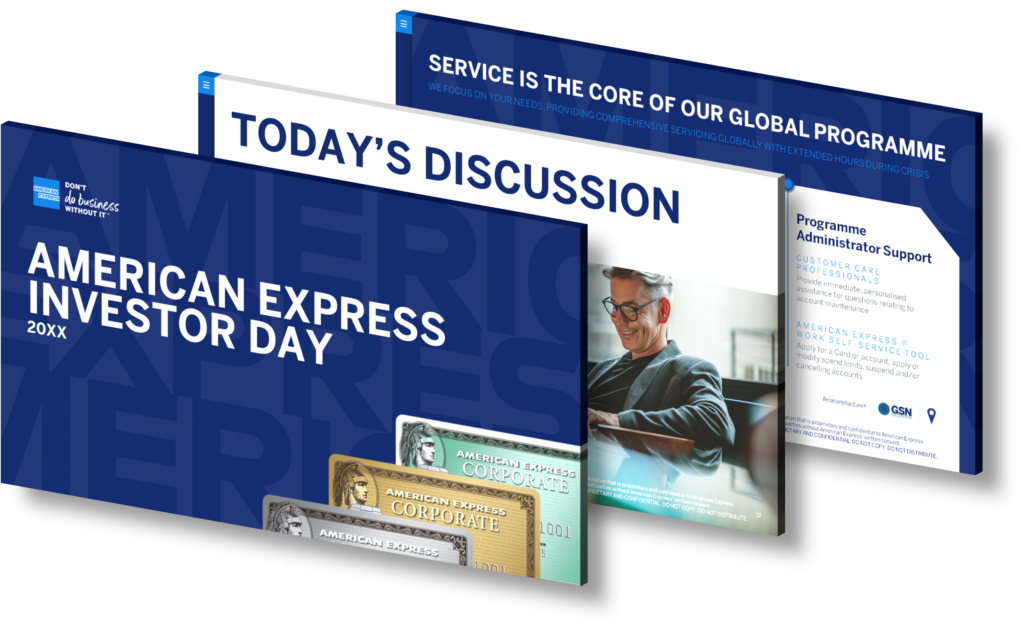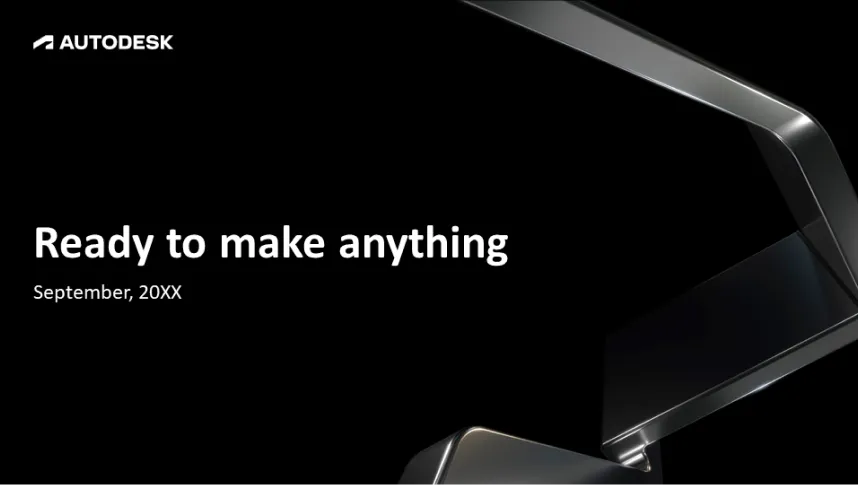An elevator pitch for a book is a succinct, persuasive speech that you use to spark interest in your publication. It’s called an elevator pitch because it’s meant to represent the amount of time you’d have to impress someone during a brief elevator ride. The goal is to intrigue your listener with a concise and compelling overview of your book’s theme, unique selling points, and potential benefits to the reader. This pitch is crucial for presentations, especially when pitching to prospective readers, publishers, or literary agents.
Creating an effective elevator pitch for a book involves several steps. First, you need to identify the core message of your book. What is the main theme or takeaway that you want your audience to remember? This should be concise and clear.
Next, consider your target audience. What are their interests and needs? Your pitch should be tailored to resonate with them. Use language they understand and address issues they care about.
Then, create a hook. This is an engaging line or question that grabs your audience’s attention. It could be a provocative statement, a surprising fact, or a compelling question related to your book’s theme.
Follow the hook with the unique selling proposition (USP) of your book. This is what sets your book apart from others in the market. It may be a unique perspective, a novel research finding, or a solution to a common problem that your book offers.
Finally, end your pitch by stating the benefits of your book. What will the reader gain by reading your book? This could be new knowledge, a solution to a problem, or entertainment value.
An effective elevator pitch is concise, clear, and compelling. It should be well-practiced so that you can deliver it confidently and naturally. Remember, your goal is not to tell everything about your book but to generate enough interest to prompt further conversation.
Here’s a simple structure to get started:
- Hook: Grab the audience’s attention.
- Core Message: What’s the main theme or takeaway?
- Unique Selling Proposition: What makes your book unique?
- Benefits: What will the reader gain?
An example of a good elevator pitch for a book could be:
“Imagine living in a world where humans coexist with AI (Hook). ‘Coexistence’ explores this scenario, delving into emotional, social, and ethical aspects that such a world would entail (Core Message). Unlike other sci-fi books, it’s based on the latest AI research and includes insights from leading experts in the field (Unique Selling Proposition). By reading ‘Coexistence’, you’ll gain a deep understanding of AI and its potential impact on our society, helping you prepare for a future that is not so distant (Benefits).”
View Our Presentation Portfolio










